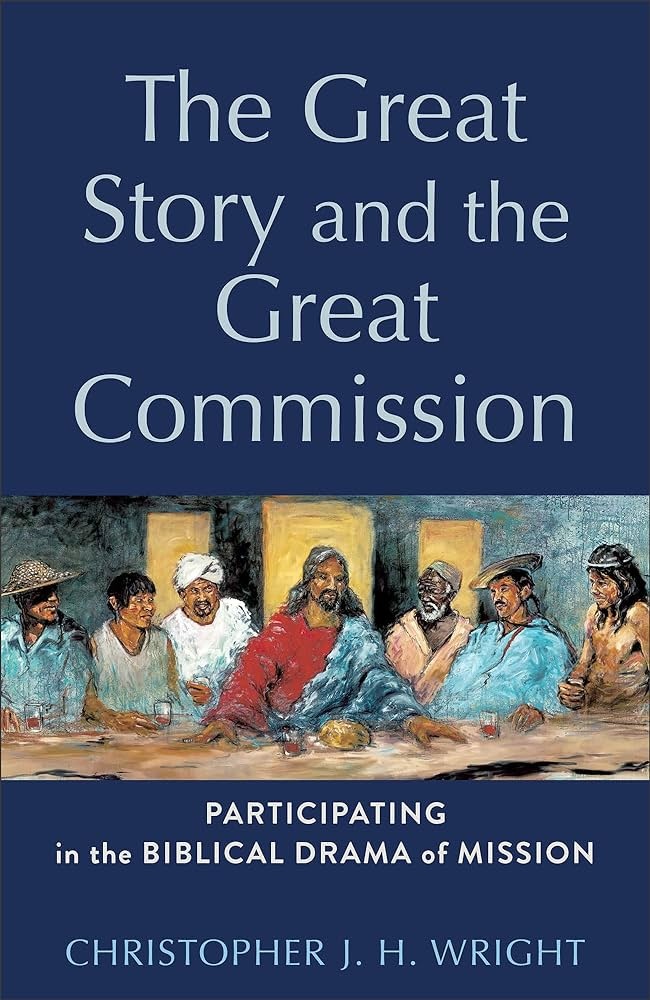Why John Stott Lived with Less
By Andy Jones
The following excerpt comes from an article that first appeared on The Gospel Coalition, which supports the church by providing resources that are trusted and timely, winsome and wise, and centered on the gospel of Jesus Christ.
I keep a copy of the Africa Bible Commentary next to my Bible. It helps me understand the Scriptures, and it gives me the opportunity to learn from brothers and sisters around the world. That commentary exists, in part, because of the generosity of John Stott. During his travels around the world, he was inspired to “raise the standard of biblical preaching” in underresourced places. He forfeited all the royalties from his books to see churches strengthened by biblical scholarship and resources like the commentary on my nightstand.
Eleven years ago—on July 27, 2011—Stott entered his eternal reward and met his Savior face-to-face. Many Christians know Stott’s writings and public ministry, but Stott kept the decisions he made about personal finances and his standard of living private during his life. As I’ve learned more about that side of Stott’s faith in recent years, I’ve discovered how his life models a kingdom mindset amid a consumer-driven culture.
Sacrifice in a Material World
We live in an age of excess. Our lack of self-denial and moderation extends to shopping, eating, and how much entertainment we consume. Stott’s life stands in stark contrast to our cultural tendencies.
Each parishioner I’ve met who worshiped with Stott at All Souls Church—from his study assistant to those who accompanied him on international trips—talks about his generosity and simple lifestyle, the way he gravitated toward sacrifice rather than indulgence.
Stott dedicated an entire chapter to simplicity in his book The Radical Disciple. There he said,
Materialism—a preoccupation with material things—can smother our spiritual life. Jesus told us not to store up treasure on earth and warned us against covetousness. So did the apostle Paul, urging us instead to develop a lifestyle of simplicity, generosity, and contentment, drawing on his own experience of having learned to be content whatever the circumstances (Philippians 4:11).
Here are three truths I’ve learned about simplicity from studying Stott’s life and writings.
…
To read the rest of the article, visit The Gospel Coalition, where this article first appeared.
…
Andy Jones, an ordained teaching elder in the Presbyterian Church in America, is the founder and managing director of Roundtree, a marketing agency serving Christian organizations. You can follow him on Twitter.


Recent Comments